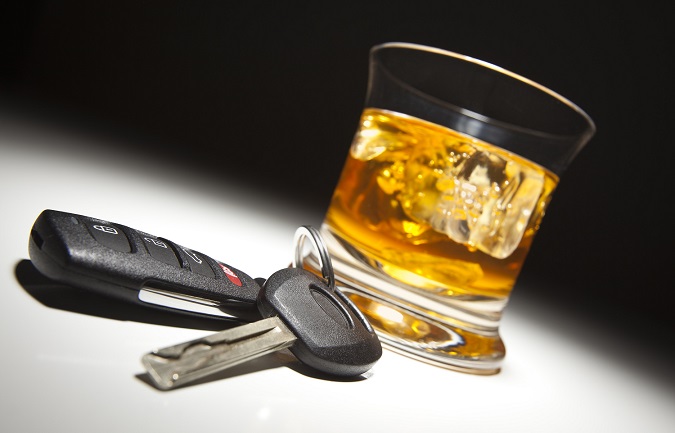A citizen arrested for DUI usually has the right to choose between taking a breath test or a blood test. There is, of course, a third choice: refuse to take either. The individual can do this, but there are consequences: he will face an increased jail sentence or a longer driver’s license suspension – or, in most states, both.
The problem is that some police just won’t take “no” for an answer.
An increasing practice among law enforcement agencies is to simply ignore this third choice and forcefully take blood from the arrestee (although some states have banned this practice). By doing this, they can “have their cake and eat it, too”: blood is obtained for testing– and the suspect still suffers the heavier sentencing for having refused.
So, just how much “force” will the courts permit? Or looking at this from the legal view, drawing blood is considered a search of the person and, therefore, must be “reasonable” under the Fourth Amendment to the U.S. Constitution. Which still leaves the question: What is “reasonable” force?
The United States Supreme Court addressed this issue in Rochin v. California (342 U.S. 165), where a drug suspect was unconscious and the police forced open his mouth and pumped his stomach to get drugs. Such conduct is not permissible, the Court said, if it “shocks the conscience”. This vague “shocks the conscience” standard – if it is a standard – was later applied by the Supreme Court in a drunk driving case:
The blood, the Court said, must be taken under “humane and medically acceptable” circumstances. Schmerber v. California (384 U.S. 757). [As anyone who has watched certain videotapes knows, California seems to have recurring problems with heavy-handed police.] Humane and medically acceptable circumstances…..Shocks the conscience…..Well, let’s take a look at what police and courts in California have decided this all means. In Carleton v. Superior Court (216 Cal.Rptr. 890), the California Court of Appeals was confronted with a case where the arrested citizen was pinned down by six police officers, a needle jammed into him and blood forceably withdrawn.
The Court saw nothing wrong with this:
Although this degree of force may approach the brink of excessiveness, it was not excessive. Carleton’s self-induced brief physical restraint before and during the withdrawal of a blood sample is not conscience shocking.
One wonders what it would take to go over that “brink”….Maybe having cops spread-eagle you across the hood of your car along the highway and jam needles into you themselves? It’s already being done.



